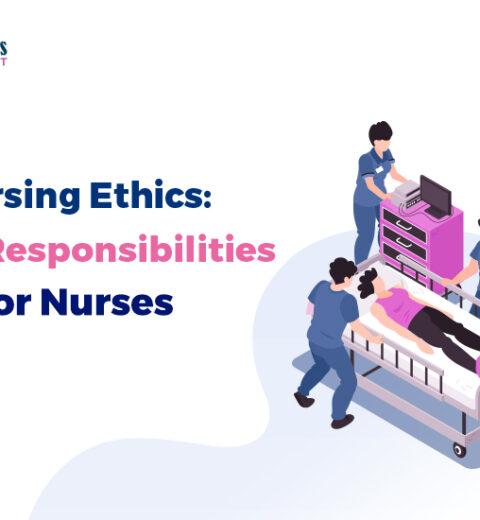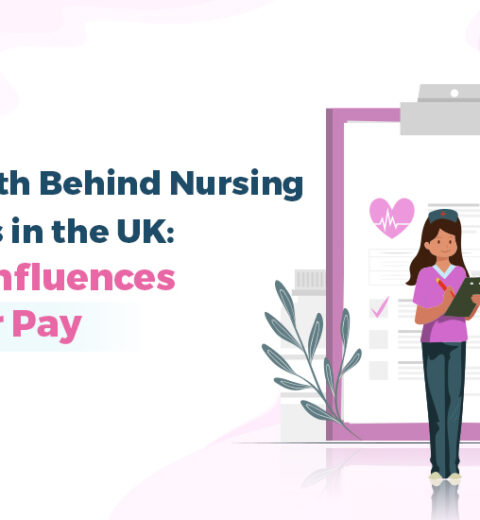With the recent third-wave breakout, there’s a rush toward Covid-19 and booster jabs everywhere.
All adults in the UK over 16+ age will soon be offered a Covid-19 booster confirms the recent announcement from the government ministers. Though there is an information flood of how it all works, there’s still confusion among the general public about what a booster jab is, when to take it, its types, etc.
Therefore here is another informative blog from JP Medicals and Recruitment about the covid booster jab.
What is the booster jab?
Regardless of whatever vaccines you have previously received, a booster jab of COVID-19 helps improve immunity and offers extended protection from falling seriously ill from the Corona Virus and its variants. It is essentially best for immunocompromised lots and is entirely different from the third primary dose.
Reasons to take the booster jab
Even if you have taken two vaccines prior, they may show reduced protection over time. A booster jab thus helps.
Recent studies by UK researchers prove that a booster vaccine when taken after the first two doses of the Covid-19 vaccine provides protection up to 97% from Delta and 85% against Omicron. With additional antibiotics infused within, the booster jab vaccine has a strong defence against Omicron.
Choosing the booster shot
The UK government has authorized three kinds of vaccines namely,
- Pfizer-BioNTech covid-19 vaccine
- Moderna
- Johnson & Johnson’s Janssen
While the first two are often common, the third is less preferred due to its adverse side effects. Therefore it is advisable to go between either Pfizer or Moderna booster jabs. Just half a dose of these is researched to boost your immune system, offering greater protection against the rising COVID-19 variants.

*Even though mRNA vaccines are the most sought-after ones, Johnson & Johnson’s Janssen can be considered rarely.
The time gap required for the booster
The UK government has curtailed the time gap between the second dose of vaccine and booster to four months so that people can either use the walk-in or the online options for the best service. All safety measures are being taken to prevent any further widespread and the booster rollout is happening in full swing to alleviate the risk of transmission.
Eligibility for the Covid-19 vaccine booster
Though the Ministry of Health has assured the availability of booster shots, and insists that no one misses, it is offered to those who most need it including the healthcare and border workers. During the shot, the last dose date is checked to check you met the required waiting period.
In spite of the primary COVID-19 dose given to children over 12 years, the booster shot is currently offered only to those aged 18 years and above on a priority basis.
To those pregnant who have received both the ‘primary courses’, it is advisable to go for a booster jab post-delivery. On the contrary, to the ones who took their match covid-19 vaccine series before becoming pregnant can wait for six months before taking the booster jab.
Even those who have taken primary vaccines overseas can avail of Pfizer jab if they have met the time interval.
Probable side effects of boosters
Similar to the primary vaccines, the booster jab is expected to carry the same mild side effects including headaches, fatigue, tiredness, muscle pain, discomfort at the injected area, etc. In very rare cases there show serious aftereffects like myocarditis (inflammation of the heart) or allergic reactions.
In very rare cases the boosters could result in a racing heart, struggle for breathing, and faintness.
Way forward – planning the booster shot
To reiterate, the power of the primary vaccines may wane out over time, which only forces one to take the booster jab seriously and take it at the stipulated time. Especially public health experts and those working in healthcare including doctors, nurses, deserve greater attention and care as they are the most exposed ones. This is the time to take care of one’s own self to save the other.





